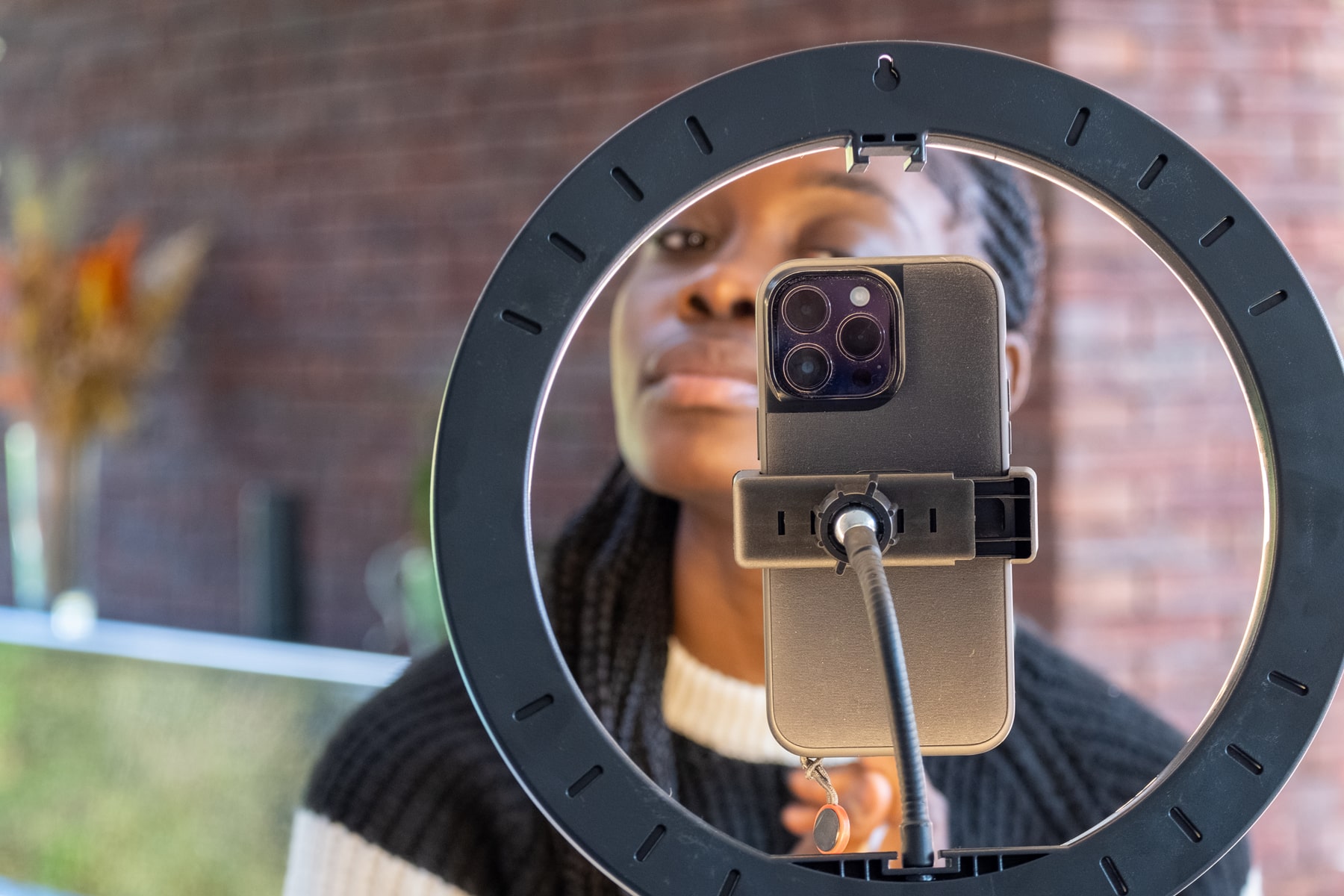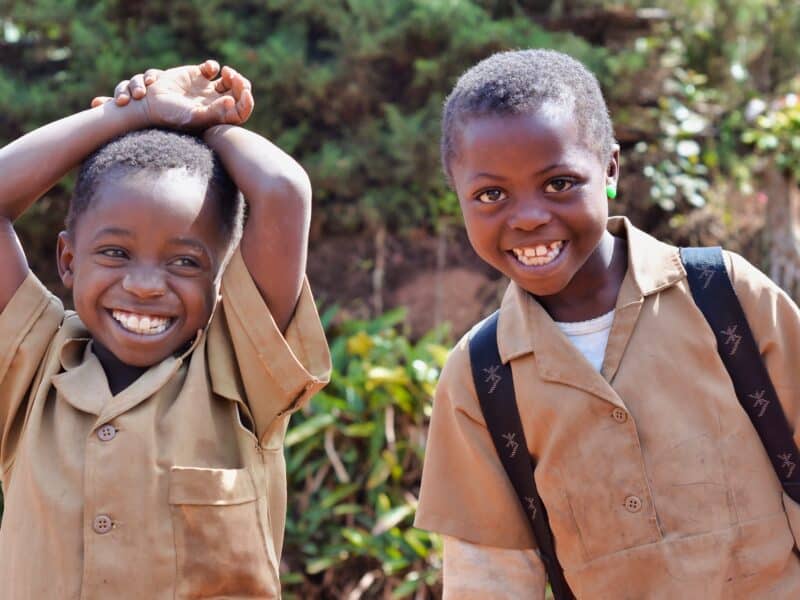At the height of the COVID-19 epidemic in Malawi, amidst a challenging vaccine rollout, the Johns Hopkins Center for Communication Programs turned to popular social media platforms to bring factual vaccination messages to the masses: Asking religious leaders and social media influencers to share accurate COVID information with their followers.
Religious leaders especially have a long track record for sharing health information to influence behaviors around HIV and malaria and family planning.
But what the CCP-led Breakthrough ACTION project underestimated was the level of mistrust and proliferation of rumors related to COVID and the vaccine, which faced steep objections all over the world. The lessons learned through the Malawi experience – lessons that will be used to improve future interventions – are the topic of a chapter in a new book called Communicating COVID-19 about risk communication during the COVID pandemic. Two other chapters, one on a rumor capturing system in Cote d’Ivoire and the other about COVID-related stigma, were also written by CCP authors.
While the approach of using celebrities to disseminate COVID-19 prevention and vaccine messages through social media reached many people, audience response was overwhelmingly negative, with comments focusing on hesitancies related to religious beliefs, mistrust in celebrities, and mistrust in the vaccine.
“Celebrities were accused of being money hungry and satanic, and faced the risk of losing their followers, resulting in a few celebrities dropping out in the first three months of the intervention,” the CCP authors wrote.
The use of social media was just one component of a larger campaign to address rumors contributing to vaccine hesitancy.
CCP’s Jennifer Boyle, one of the co-authors of the chapter, said while the intervention with celebrities wasn’t as successful as the team had hoped, there are lessons to be learned for others who work in the field. A recent CCP-led study published in Stanford Social Innovation Review found that sharing failures and mistakes can enhance problem-solving, encourage innovation by fostering a culture that supports taking calculated risks, and improve quality by preventing some future errors.
The work of religious leaders sharing COVID information was more successful than celebrities, as they communicated with their congregants over WhatsApp instead of the more public social media channels used by the influencers. WhatsApp can be a friendlier platform, Boyle says.
While there were trainings given to the influencers and religious leaders to educate them on the issue of COVID prevention and vaccines, it was clear that those sessions needed to put a greater emphasis on public engagement, says CCP’s Katie Rodriguez, another author. Influencers needed additional training in persuasive health communication and celebrities needed more guidance about how to create their own individual content, she says.
Even though Breakthrough ACTION encouraged celebrities to craft messages to suit their individual styles of engaging audiences, “more careful consideration needs to be placed on how the intervention sequences topics and messages among the celebrities, as the audience could pick out similarities between the posts, as such perceiving the celebrities to be part of a campaign driven by international donors whose agenda was not to be trusted,” the authors write. “Additionally, audiences questioned the technical authority of celebrities in providing COVID-19 vaccine messages, suggesting that a more visible presence and voice of health promotion experts is required.”
“Public health communicators have to do more to make sure that the right information is getting out there,” Boyle says.
Due to the volume of comments and questions, the celebrities reported they had limited time to review them all. To support the influencers, Breakthrough ACTION engaged health promotion specialists from the Malawi Ministry of Health to respond to technical questions. But delays in responses to people’s questions drove more suspicion to the influencers’ accounts. In a future program, Rodriguez says, it is imperative to have someone dedicated to responding to questions and comments each day.
The tactics used for other promotions using religious leaders and influencers may have also been made more difficult because COVID was a new virus, and the vaccines were also new and guidance about them seemed ever-changing.
In the case of COVID-19 vaccines in Malawi, lessons learned identified in this chapter suggest that greater use of more intimate platforms such as WhatsApp, a larger emphasis on role modeling, and improvements to social media post authenticity may yield greater success in future social media campaigns.
“The Influence of Celebrities and Religious Leaders in Addressing Rumours on Social Media,” was written by Angela Chitsime, Vitima Ndovi, Zithe Machewere, Alfred Mang’ando, Carolyne Maziya, Katie Rodriguez and Jennifer Boyle.





